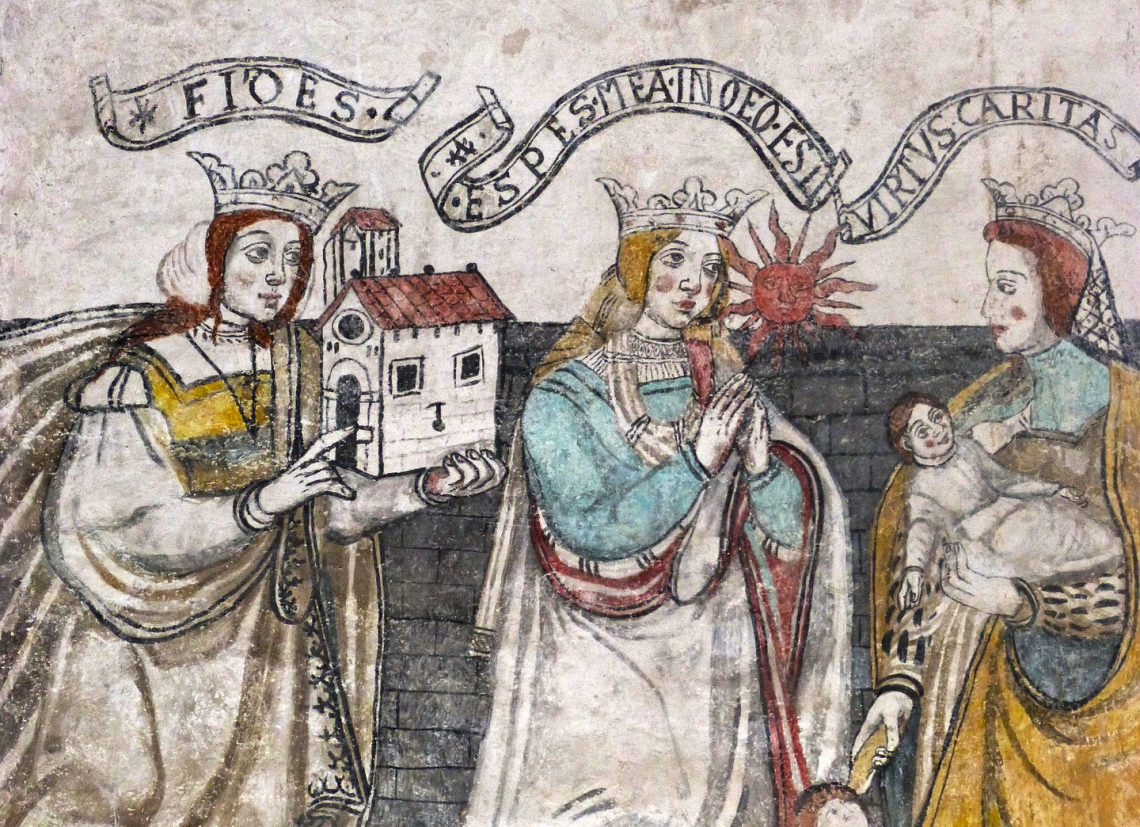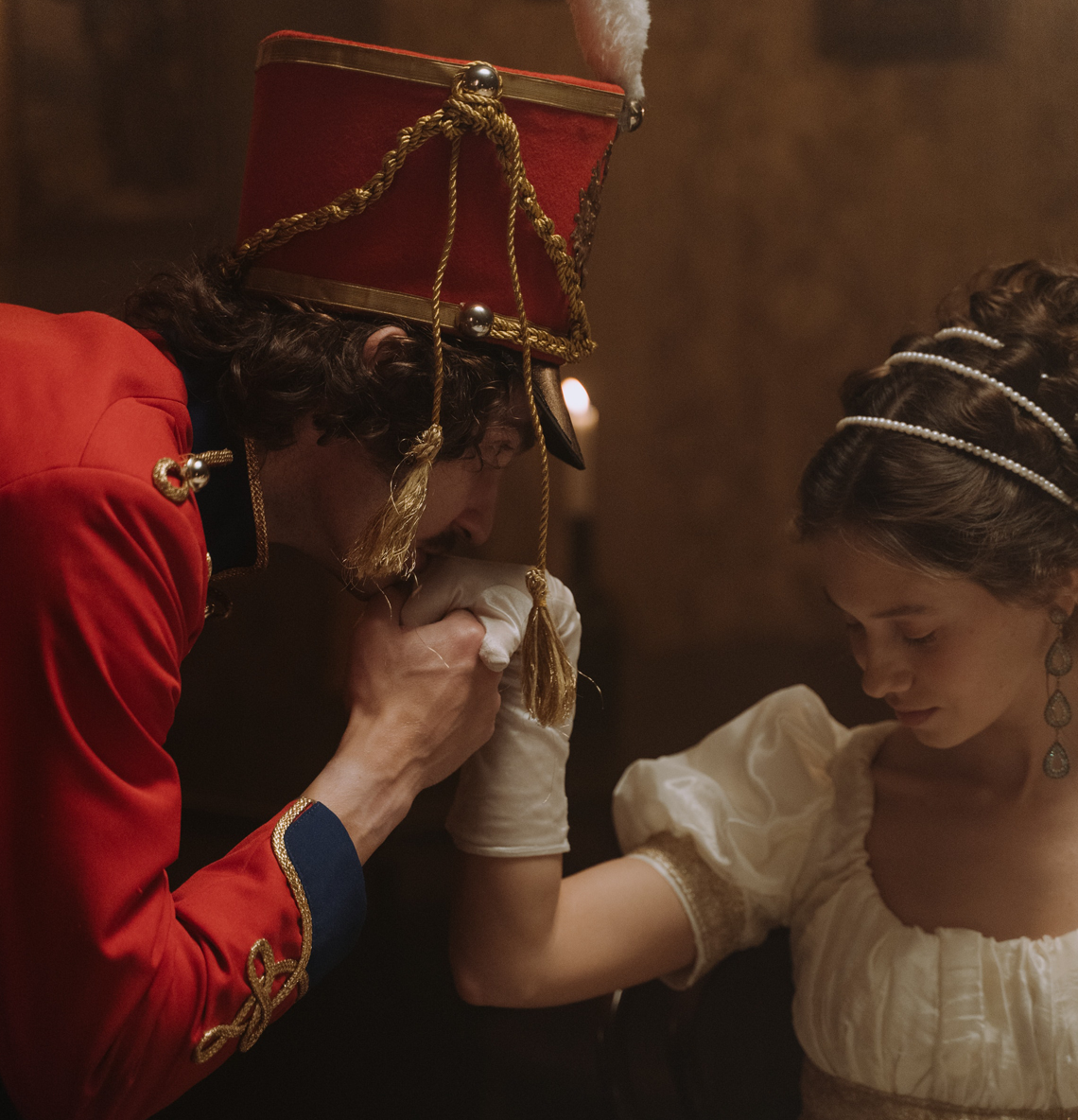Conduct, Chivalry, and Condemnation
by TBG

Emphasis on virtue, on traditional, religious, old-fashioned virtue, has been supplanted by a lip-service moralism, in which public figures seek unendingly to gain the saddle of the high horse of the day, appealing to whimsical and fleeting “values” that come and go like the fads of seasonal fashion.
By L.I.
‘The Right Honourable Gentleman’ is a term so often bandied about in parliamentary wrangling, but this old-fashioned honorific represents (or should represent) far more than a polite title of address. The phrase harks back to a time when upright conduct – with all its chivalry, honour, and gentlemanliness – was actually expected of Members of Parliament and good citizens in general. The antediluvian nature of such words, and the fact that modern equivalents suited to a 21st century vocabulary are lacking, are emblematic of a moral deficiency at the very heart of modern British society.
The language of the present is instead one of condemnation: those in public positions must bend over backwards to demonstrate just how anti-racist/anti-homophobic/anti-sexist/anti-[insert next liberal catchword here] they are, and they must do so as loudly and as often as possible or face the vengeance of the egalitarian fist as their reputation and livelihood are sacrificed to the socialist agenda of the totalitarian left. There is no place here for a consideration for what it means to be honourable, or indeed, a gentleman.
Traditional masculinity is the newest target of this language of condemnation. This is, perhaps, why the lingo needed to express the concepts associated with upright conduct in a modern and relevant way is lacking: virtue is no longer valued and is in fact directly under attack.
This should come as no surprise when one considers the male role models pervading British culture today. The Duke and Duchess of Sussex have recently announced their support for the Global Boyhood Initiative, an organisation that seeks to fight against “toxic masculinity”, while our nation’s most famous celebrities have eagerly hopped on the feminist bandwagon. Woke actor Benedict Cumberbatch chastised men in an interview where he called for them to “shut up and listen”, stating that “we need to fix male behaviour.” Prince William’s high school pal Eddie Redmayne, alongside practically the entire cast of the Harry Potter films, has spoken out in support of the trans community after J. K. Rowling dared to suggest the reality of biological women. Indeed, a few years back Redmayne issued a public apology for playing a transgender woman in the 2015 film The Danish Girl, stating that the part should have gone to a trans actor. But what is the purpose of acting, if not to portray someone you are not? In contrast, no apologies are forthcoming over Channel 5’s ‘identity-conscious’ depiction of Anne Boleyn as a black woman in 2021.
This rampant language of condemnation is the fashion of our modern times. It has replaced the language of commendation that characterised the zeitgeist of our traditional past, in which virtue and conduct were valued and rewarded and in which standing up for one’s beliefs was an attribute of honour, rather than the mere paying of lip service to the wokeness of the day.
When, in the second quarter of the 19th century, Dr. Thomas Arnold implemented his rigorous reforms of Rugby School, he made the statement that “what we must look for here is, first, religious and moral principle; secondly, gentlemanly conduct; and thirdly, intellectual ability”. Religion and morality formed the core of classical education. The chapel was the heart of the school, and from the pulpit the headmaster illuminated the minds of the young toward the fostering of a character that was upright and honourable in its very essence.
This moral component of education is largely absent from the school system now, except in a few rare cases, replaced by an egalitarian monotony in which genius and mediocrity share in the same pitiful outcome. The language of commendation – in which conduct and chivalry, genius and good judgment are rewarded – must be rediscovered if we are to save our education and by extent the future of our great nation. Where are the ‘rigorous virtues’ advocated by Margaret Thatcher which produce, as Shirley Letwin writes in The Anatomy of Thatcherism (1992), an individual who is “upright, self-sufficient, energetic, adventurous, independent-minded, loyal to friends and robust against enemies”?
This emphasis on virtue, on traditional, religious, old-fashioned virtue, has been supplanted by a lip-service moralism, in which public figures seek unendingly to gain the saddle of the high horse of the day, appealing to whimsical and fleeting “values” that come and go like the fads of seasonal fashion. Religion has been watered-down to a more easily digestible inoffensiveness which is in truth an imperceptibility, entirely divorced from the values that are meant to underpin it.
The fact that the honorific ‘The Right Honourable Gentleman’ has even survived thus far is a miracle in itself. But how long before it is replaced by ‘The Right Woke Identity-Conscious They/Them’ or whatever other string of inclusive politically correct terms best characterise the liberal agenda of the near future? The traditional notions of upright conduct and chivalry are not only under attack but are near-mortally wounded. What we need is a Thomas Arnold of our times, to save our education system and our morality from the whirlpool of wokeism into which our British cultural identity is plunging. Let us hope that we, the British people, can take up that call.
